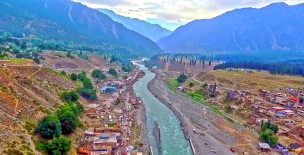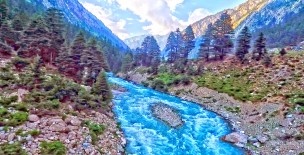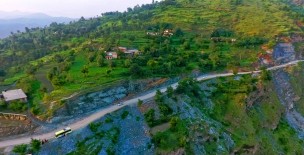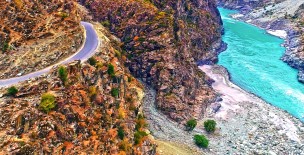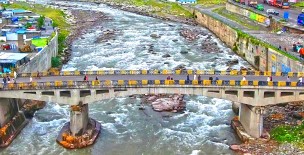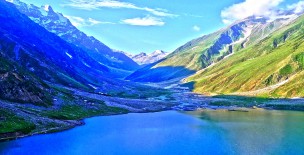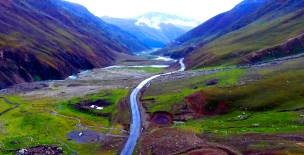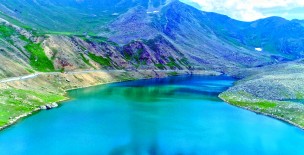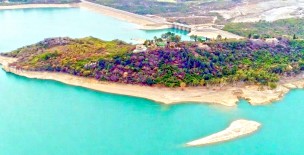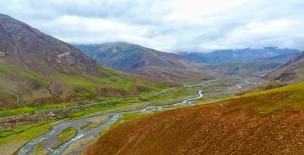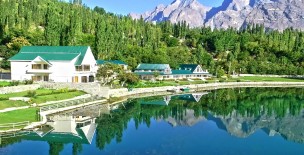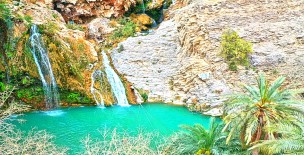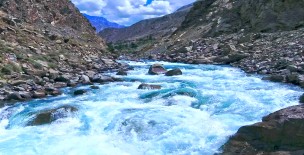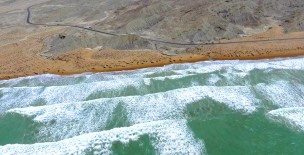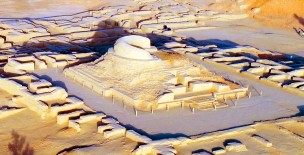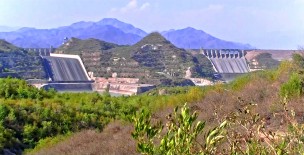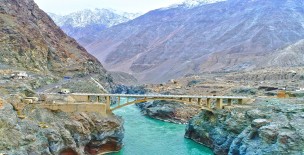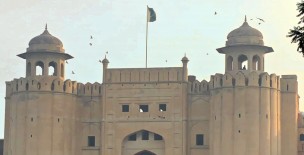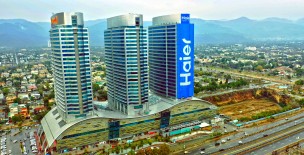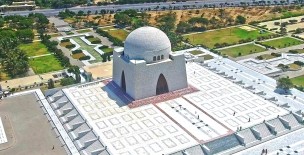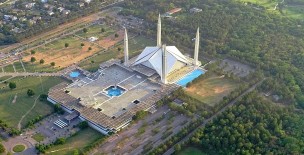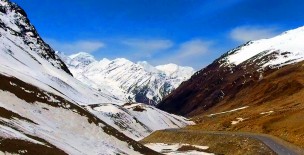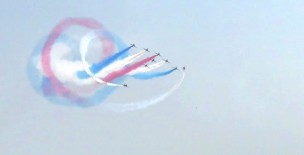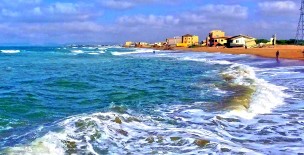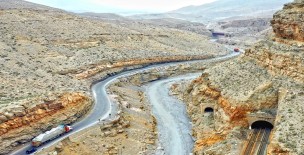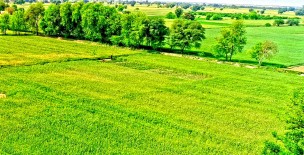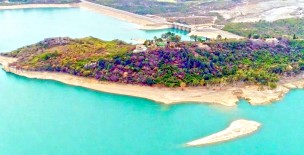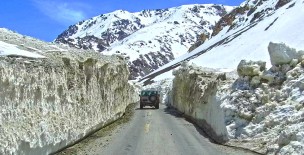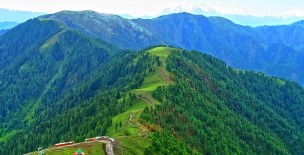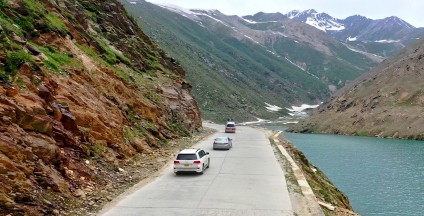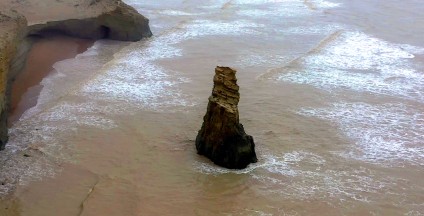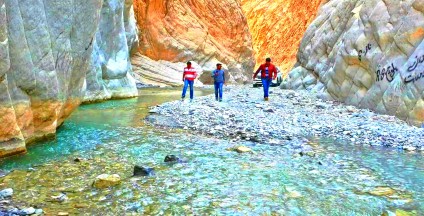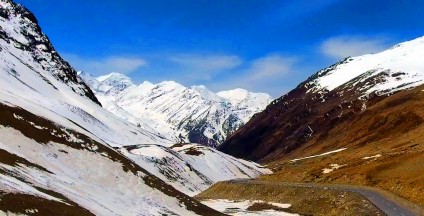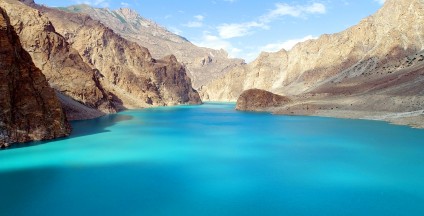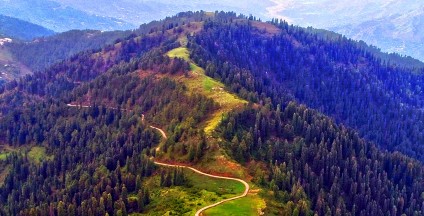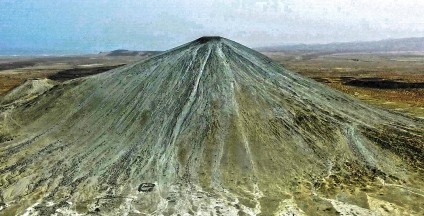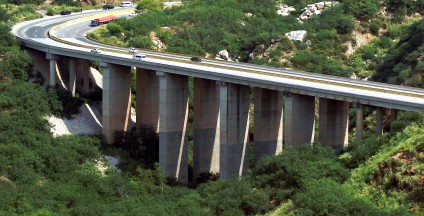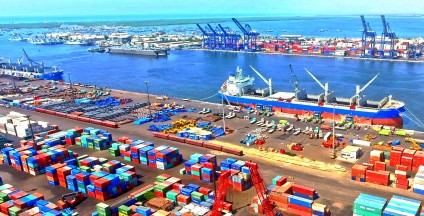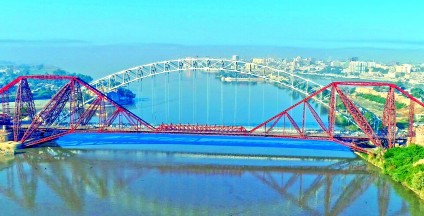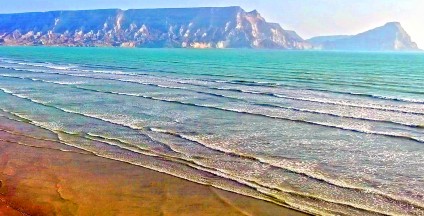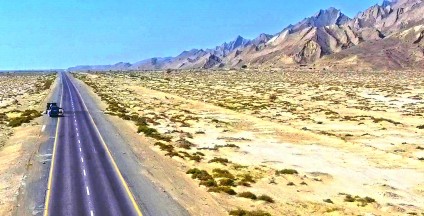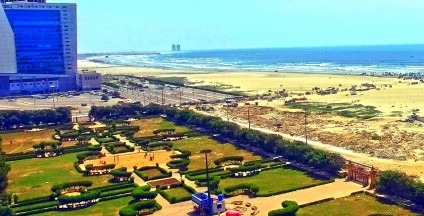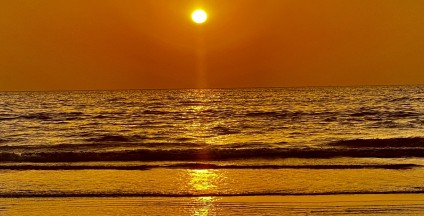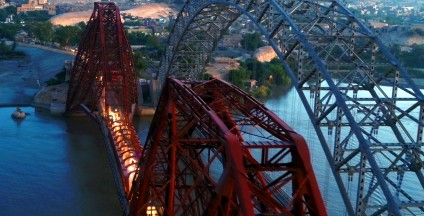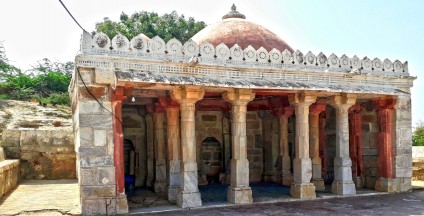Baffa is a town and Tehsil Headquarters of Tehsil Baffa Pakkhal of Mansehra District in the Khyber-Pakhtunkhwa, Pakistan. It lies about 15 km north of the district capital, Mansehra.
Baffa may date back to or prior to Sikh rule. It was given the status of a municipality in 1873 during British rule as a principal market town in Northern Hazara and of the neighbouring independent tracts.
The town is located on the east bank of the Siran river, in the north corner of the Pakkhli plain. Travelling via the Karakorum Highway, Baffa is 13 kilometres north-west of the district capital, Mansehra.
This valley is the last and largest plain between Pakistan and China. Beyond the Pakkhal Valley are the world's highest mountains, the Himalayas.
The main cantonment for Turks in the region was established at the nearby village of Guli Bagh. Major tourist attractions include the Nanga Baba shrine, located at the top of a hillock overlooking the Pakhal Maidan (plain), Khar Maidan, Guli Bagh and Mount Tingalai.
Baffa is an agricultural hub and is the leading town of the district in producing different crops and vegetables. Baffa grows vegetables, wheat, maize, rice, sugarcane and tobacco.
The area's "Super Virginia" Tobacco is considered to be the world's second best. "Lacson Tobacco Company Limited" and "Pakistan Tobacco Company" operate in the area.
The climate of Baffa is suitable for tea farming. Research about tea production in Pakistan was initiated by a local farmer. Privately owned tea farming in Baffa began in the late 1970s.
The owner of Brook Bond, one of the world's leading tea companies, visited Baffa in the early 1980s and admired the farmer's research.
The Government of Pakistan established Pakistan's first tea research centre, the National Tea Research Institute (NTRI), in Baffa. Pakistan's first tea was planted at Baffa.
Khyber Pakhtunkhwa - Baffa Town - Mansehra
Related Videos
Leave a Comment:
For comment please login first: Login here
